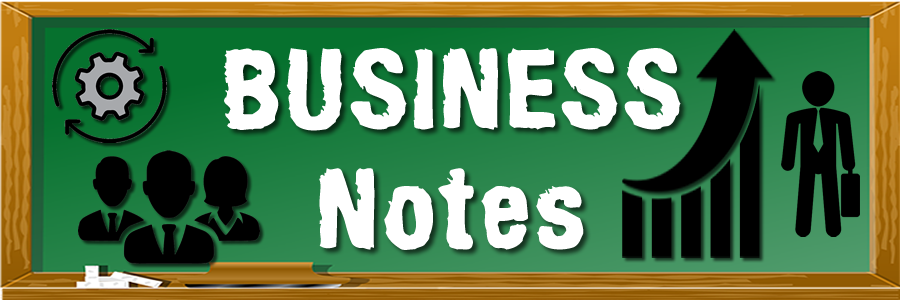Every day around the country hundreds of business network meetings take place.
That’s many thousands of business people joining breakfast meetings, lunch meetings, afternoon and evening meetings, club and association meetings, the list goes on…
You could network all day, every day for your rest of your life.
But what happens when the meeting closes?
Networking is enjoyable; you meet people, talk to people and can have a great time.
But is it really winning you new business?
The only reason for networking, which many people seem to forget, is to get more business.
That’s turn the friends, contacts and fellow networkers you meet, into successful referrers or paying clients.
With businesses losing approximately 30 per cent of their customers every year, there is a continual need to ‘top up’ the sales pipeline.
Networking is part of the overall marketing strategy to keep sales leads and new business replenished.
So, what is business networking?
First, it is not about selling, being aggressive or taking.
It is about building relationships, developing contacts, giving and developing mutually profitable situations.
Networking is a process; it is not an end in itself.
To be a successful networker leave the ‘what’s in it for me’ attitude behind and develop a ‘what can I do for you’ approach.
At an event where you meet someone you know you could do business with, remember that it is not a sales call!
You want to know how you can help this potential new client, so show an interest in his/her business, move the conversation onto them, ask questions, find out about their plans and their problems.
Then when you think it is appropriate suggest ways you are able to help and arrange a follow-up meeting for after the event.
A golden rule for networking is – never try to sell!
After meeting all these new people and collecting business cards at the network meeting, what do you do next?
For those you have not already arranged to meet, the answer is follow-up.
Statistics show that over 90 per cent of people, who go to business network events, never do any follow-up.
They attended, met, talked, collected business cards, then did nothing!
That’s hours of time and potential sales leads all wasted. These are the people who say ‘networking doesn’t work for me’.
Follow up is another golden rule for networking. Some questions people ask are:
“How am I going to follow-up?”
“Will I be bothering them if I call?”
“Is email too impersonal?”
“Should I ‘friend’ on Facebook, ‘follow’ on Twitter or ‘connect’ on LinkedIn?”
To take the uncertainty out of the situation, a simple solution is to say at the network meeting “I’ve enjoyed meeting with you, I’d like to keep in touch, is email or phone best?”
They will either say “Sure, email is best (or phone)” or they will give some reason and reject the follow-up offer.
Follow up with those you’ve agreed with. To be most effective have a system:
· Follow up within 24 hours of meeting
· Keep it simple – not a sales pitch
· Mention the meeting and the conversation
· Refer to something specific that came up in the conversation
· Attach an article or a link that will interest your new contact
· If you can, mail each person a ‘nice to meet you’ card.
Within a week, try to set up a meeting to learn more about their business and how you can help them.
Then send a thank you card or email immediately after the meeting.
If possible within 30 days pass them a referral.
You are building a relationship with this new contact.
Networking is a long-term process and having a system in place will make the follow up easier and more effective.
The purpose of networking is not to sell but to build relationships.
You are there for a business purpose, but people do business with people they know, like and trust. If you help someone solve a problem, whether personal or professional, you will enhance your credibility and dramatically increase the likelihood of gaining a new client and new sales.
Remember the Chinese saying: Your Fortune is in YOUR Follow-Up

